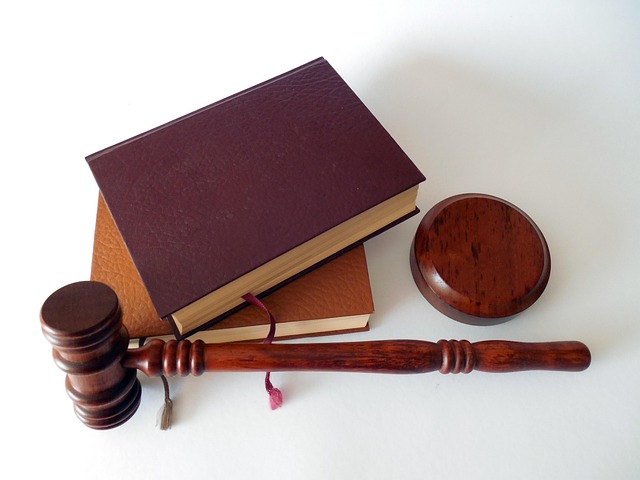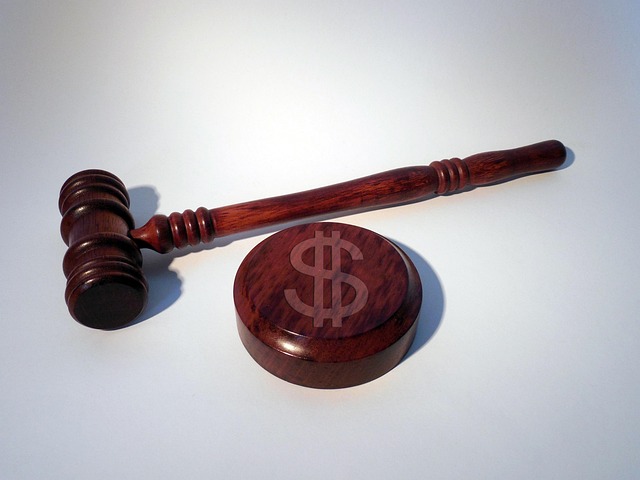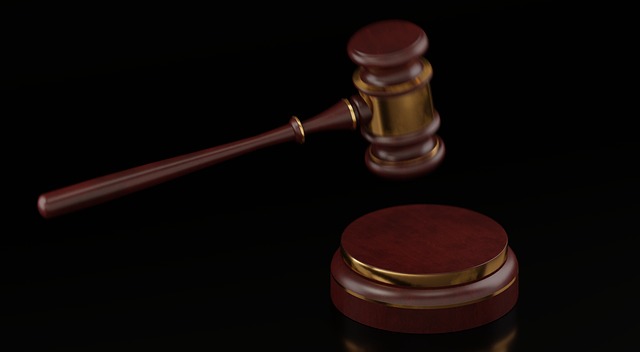Consumer protection laws safeguard transactions, enabling legal action against businesses for violations like false marketing and defective products through a personal injury lawsuit process. The initial step involves identifying legal grounds and gathering evidence, with specialized legal teams crucial for navigating complex procedures. The process includes filing claims, discovery, pretrial arguments, trials, and potential settlements or damages, ensuring consumer rights and business accountability. Understanding state-specific laws is key to successful outcomes in steps like these.
Consumer protection suits are essential for safeguarding individuals from unfair, deceptive, or unsafe practices. This comprehensive guide breaks down the intricate steps involved in pursuing such cases, from understanding relevant consumer protection laws to navigating trial and potential settlement. By exploring key grounds for suit, filing legal claims effectively, and delving into the trial process, consumers can empower themselves to protect their rights and seek justice. Each phase, from initial identification of violations to eventual resolution, plays a crucial role in ensuring accountability and delivering redress.
- Understanding Consumer Protection Laws
- Identifying Grounds for a Suit
- Filing the Legal Claim
- Navigating Trial and Settlement Process
Understanding Consumer Protection Laws
Consumer protection laws are designed to safeguard individuals from unfair business practices and ensure safe transactions. These regulations cover a wide range of issues, including product quality, pricing transparency, and advertising accuracy. Understanding these laws is crucial for both consumers and businesses, as it helps in navigating the complex landscape of personal injury lawsuits.
When a consumer suffers harm due to a company’s misconduct, such as false marketing or defective products, they may take legal action. The steps in a personal injury lawsuit process typically involve filing a claim, gathering evidence, and presenting a case before a judge or jury. In severe cases, particularly involving white-collar and economic crimes, the consequences can be significant for businesses, potentially leading to substantial financial penalties and reputational damage. Jury trials play a critical role in these cases, as they ensure that both parties have an opportunity to present their arguments and evidence openly.
Identifying Grounds for a Suit
When considering a consumer protection suit, the first step is to identify the grounds for legal action. This involves evaluating whether there has been a violation of relevant consumer protection laws. Such violations can include misleading or deceptive advertising, unfair business practices, or breach of warranty. Consumers must be able to prove that they have suffered a tangible harm as a result of these actions. For instance, misrepresentations about a product’s quality or performance can lead to economic loss and entitle consumers to compensation.
The process typically involves several steps in a personal injury lawsuit, including gathering evidence, consulting with an attorney specializing in consumer law, and understanding the applicable statute of limitations. A strong case can be built by documenting interactions with the defendant, collecting relevant documents, and obtaining expert opinions where necessary. Given the complexity of these matters, having a dedicated legal team with an unprecedented track record in white-collar defense is crucial for for his clients’ best interests.
Filing the Legal Claim
When it comes to consumer protection suits, filing a legal claim involves careful navigation through complex legal procedures. The first step in any personal injury lawsuit process is to identify and document the harm caused by the defendant’s actions. This includes gathering evidence such as medical records, witness statements, and any relevant product information that proves negligence or intentional harm. Once this critical information is secured, individuals can consult with an experienced attorney who will guide them through the appropriate legal channels.
Across the country, successful consumer protection lawsuits often require a strategic approach. Attorneys will carefully review state-specific laws governing personal injury claims and help clients determine the best course of action. Whether pursuing a settlement out of court or preparing for jury trials, the goal is to present compelling arguments that win challenging defense verdicts in favor of the consumers’ rights.
Navigating Trial and Settlement Process
Navigating the trial and settlement process in a consumer protection suit involves several steps that can be complex. Initially, plaintiffs file a complaint outlining the alleged violations and seeking damages or injunctive relief. This is followed by a period of discovery where both parties exchange evidence, conduct depositions, and prepare their cases. The next crucial step is the pretrial phase, during which lawyers argue over admissibility of evidence and legal issues, shaping the case for the judge or jury.
If a settlement cannot be reached before trial, the case proceeds to court. During the trial, each side presents its arguments and evidence, aiming to prove their version of events. If a verdict is rendered in favor of the plaintiff, the defendant may have options like appealing or agreeing to a settlement offer. An unprecedented track record of successful consumer protection lawsuits within the philanthropic and political communities underscores the importance of holding businesses accountable for their actions, ultimately protecting consumers from future harm. Avoiding indictment is a significant concern for defendants, emphasizing the need for transparent practices throughout the process.
Consumer protection suits are a vital mechanism ensuring businesses uphold their responsibilities to customers. By understanding the steps involved, from identifying violations under relevant consumer protection laws to navigating trials and potential settlements, individuals can protect themselves and hold companies accountable. Remember that each case is unique, so consulting legal professionals who specialize in these matters is crucial for achieving favorable outcomes. Following the outlined steps in a personal injury lawsuit process can empower consumers to assert their rights and ensure fairness in the market.






